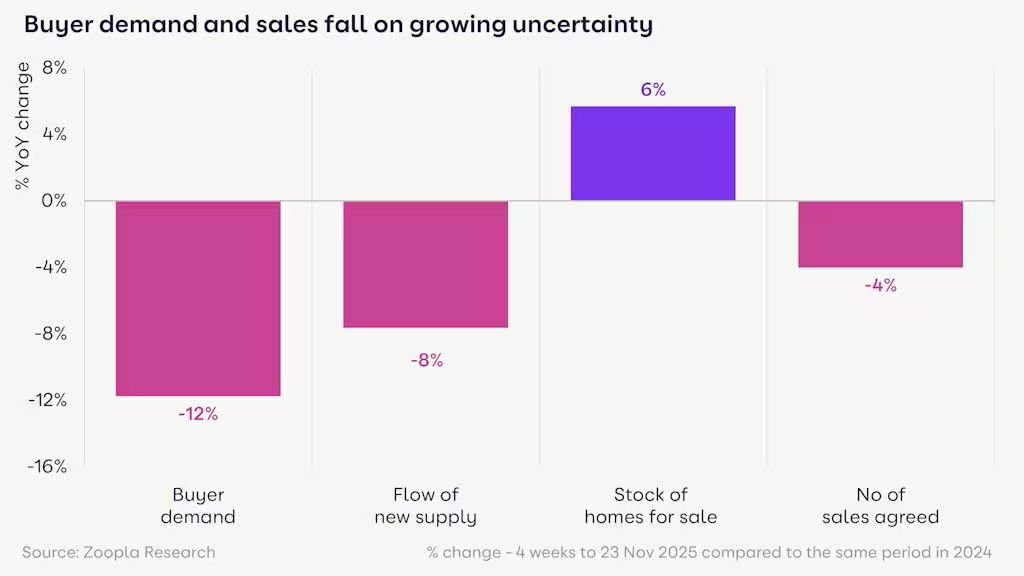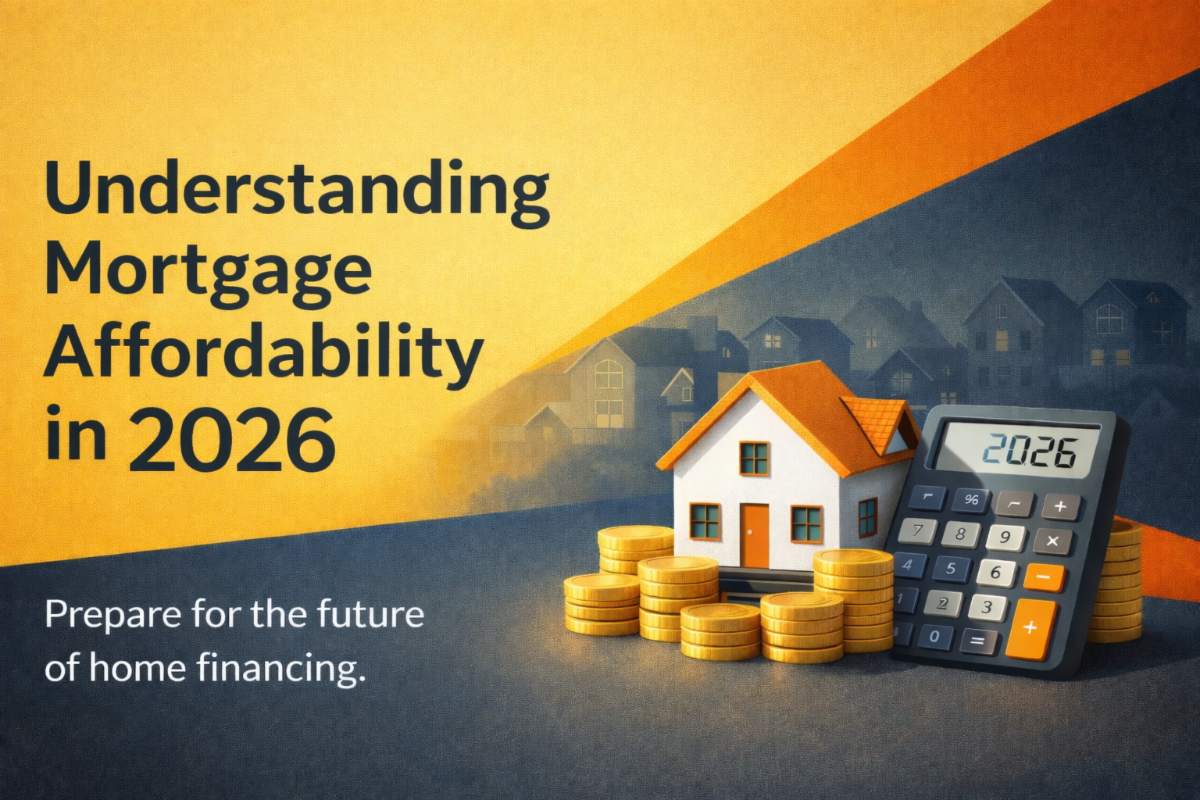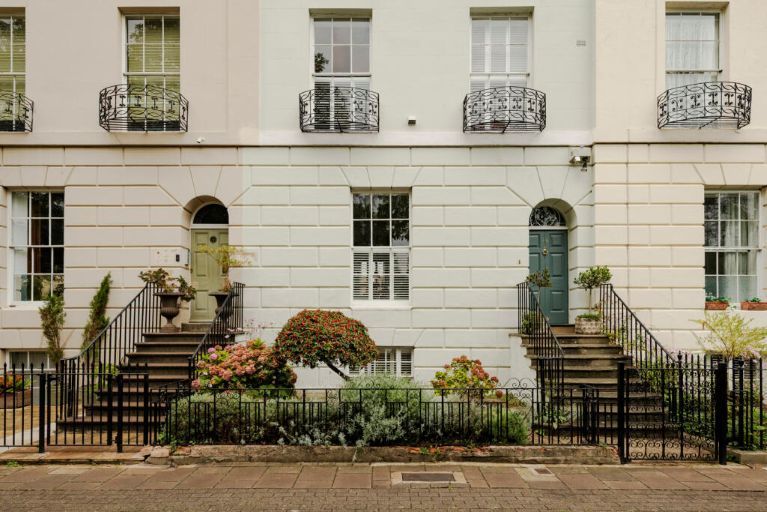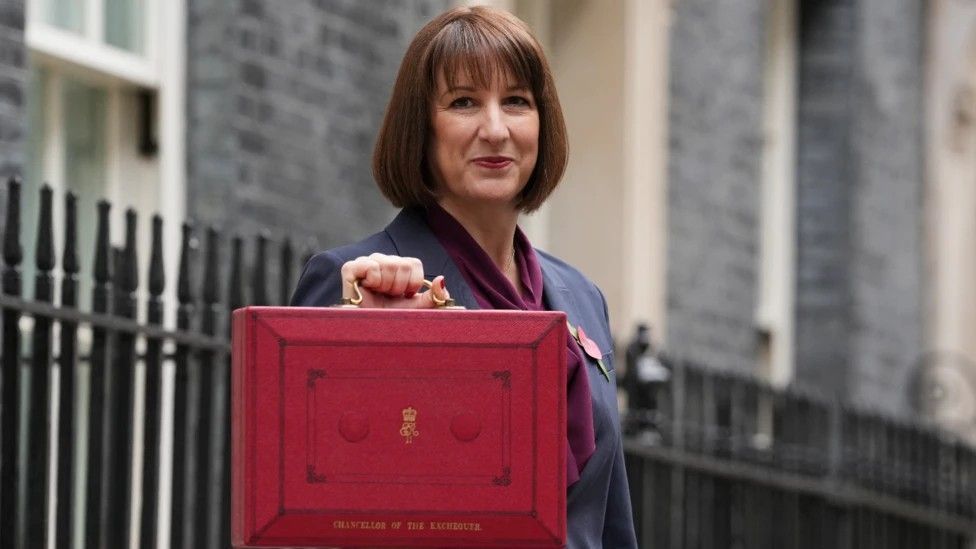Capital Gains Tax on property – changes November 2022
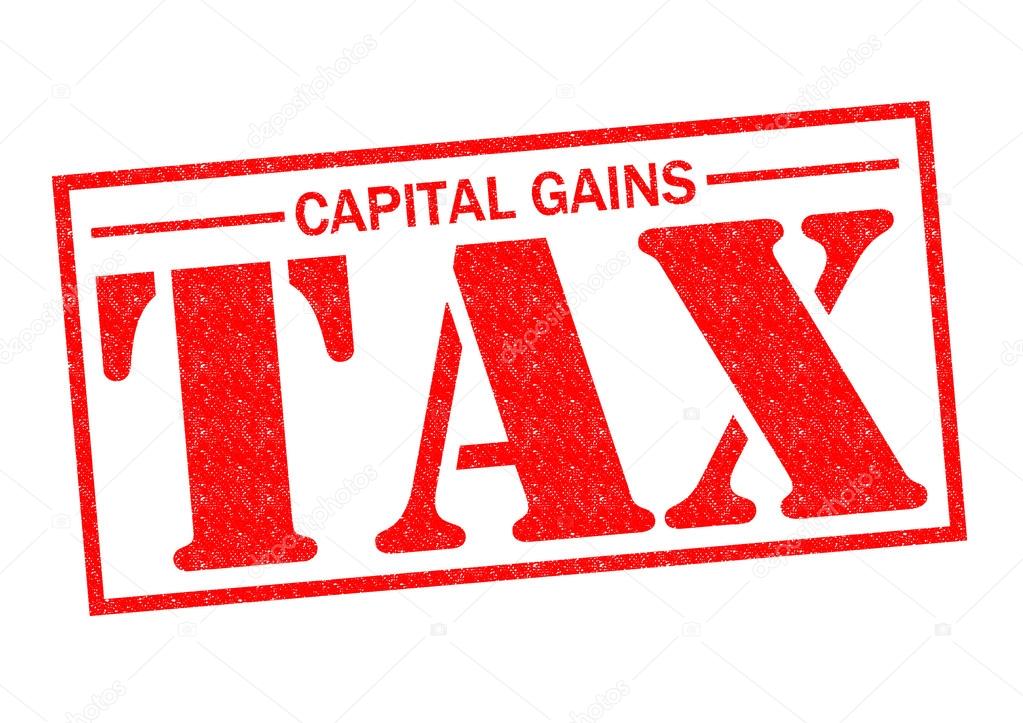
Adapted from a Which? Article by Danielle Richardson Nov 2022
Capital gains tax (CGT) is payable on the sale of second homes and buy-to-let property.
Do I pay capital gains tax on property?
If you sell a property in the UK, you might need to pay capital gains tax (CGT) on the profits you make. You generally won't need to pay the tax when selling your main home.
However, you will usually face a CGT bill when selling a buy-to-let property or second home. You may also need to pay CGT if your home is partly used as a business premises, or if you lease out part of your property.
CGT rates on property
In the UK, you pay higher rates of CGT on property than other assets. Basic-rate taxpayers pay 18% on gains they make when selling property, while higher and additional-rate taxpayers pay 28%. With other assets, such as shares, the basic-rate of CGT is 10%, and the higher-rate is 20%. Bear in mind that any capital gains will be added to your other income sources when working out which income tax bracket you'll fall into for the year, and therefore might push you into a higher bracket.
- All taxpayers have an annual CGT allowance, meaning they can earn a certain amount tax-free.
- In 2022-23 you can make tax-free capital gains of up to £12,300 – the same as in 2021-22.
- Couples who jointly own assets can combine this allowance, potentially allowing a gain of £24,600 without paying any tax.
- You're not allowed to carry over any unused CGT allowance into the next tax year – so if you don't use it, you'll lose it.
In the 2022 Autumn Statement, the government announced that the CGT allowance will be cut from £12,300 to £6,000 in 2023-24 and then to £3,000 from April 2024.
How much CGT will I pay?
As the name suggests, CGT is only charged on the gains you make (the profit), rather than the full amount you sell the property for. To work out your gain, you can deduct the amount you originally paid for the property from the sales price.
You can also deduct any legitimate costs involved with buying and selling the property. This includes things like broker fees, stamp duty, and some improvements to the property that were made while you owned it.
You can also offset losses you've made when selling other assets. For instance, if you own several properties and make, say, a £50,000 loss when selling one of them, you can use that against the gains you make from another property and therefore reduce your overall CGT bill.
You should claim any losses on your self-assessment tax return, or by calling HMRC. You can claim losses up to four years after they were incurred.
When is capital gains tax on property due?
For UK properties sold on or after 27 October 2021, you must pay the tax owed within 60 days of the completion of the sale or disposal. You'll do this by submitting a 'residential property return' and making a payment on account.
What can I deduct from my taxable gain?
You're allowed to deduct certain costs from your gain if they're involved with buying and selling the property. These include:
- solicitor and estate agent fees
- ·stamp duty when buying the property.
- Costs involved with improving the property, such as paying for an extension, can also be taken into account when working out your taxable gain.
However, you're not allowed to deduct costs involved with the upkeep of a property. You're not allowed to deduct mortgage interest either (though that can reduce the tax you pay on rental income).
You can calculate you CGT by visiting https://www.gov.uk/tax-sell-property/work-out-your-gain
Capital gains tax on your main home
In most cases, you won't need to pay CGT when selling the property you live in, because you will be entitled to 'private residence relief'.
You won't need to pay CGT for the time a property was your main residence, plus the past nine months of ownership (even if you weren't living in the property during those nine months). People with a disability or those who move into a care home can claim for up to the past 36 months of ownership.
That said, you may have a capital gains tax bill to pay if you:
- develop your home, for example, by converting part of it into flats
- sell part of your garden, and your total plot – including the area you're selling – is more than half a hectare (1.2 acres)
- use part of your home exclusively for business
- let out all or part of your home - this doesn’t include having a single lodger if you are living in the property, too
- moved out of your property nine months or more ago – to move into a partner’s home, for example
- bought a home for the purpose of renovating it and selling it on.
How does letting relief work with CGT?
If you have let out either all or part of a property, a proportion of any gain when you sell it could be taxable. But if you used to live in the property (or still did at the time of selling), you might be able to claim letting relief, which will reduce your capital gains tax bill.
Letting relief doesn't apply to buy-to-let investors who let out their properties and never live in them, and it's now only available for people who have been in shared occupancy with their tenant/tenants. You can also only claim letting relief on the proportion of the property being let, for the period of time it was let out for.
CGT on gifted and inherited homes
Your parents or relatives may want to leave you their home in their will. When they pass away, you'll inherit the property at its market value at the time of death. There is no CGT payable on death, but the value of the home will be included in the person's estate. An estate is defined as being the total of someone's assets and property, minus any debts and funeral expenses. Depending on the value of the person's estate, inheritance tax may be payable on the property. If you then sell the property without having made it your own home, there could be CGT to pay.
More information can be found https://www.gov.uk/valuing-estate-of-someone-who-died/estimate-estate-value
THIS ARTICLE IS FOR INFORMATION PURPOSES ONLY. IF YOU HAVE ANY QUERIES REGARDING YOUR SPECIFIC SITUATION/LIABILITY WE RECOMMEND THAT YOU SPEAK TO YOUR SOLICITOR OR ACCOUNTANT
For further details about the services we offer as a fully independent mortgage broker or any other mortgage information book your FREE CONSULTATION with one of our expert Mortgage Advisers.
Bristol Mortgages Online www.bristolmortgagesonline.com Tel 0117 325 1511
Bath Mortgages Online www.bathmortgagesonline.com Tel 01225 584 888
Exeter Mortgages Online www.exetermortgagesonline.com Tel 01392 690 888
Email info@swmortgages.com
#bristolmortgagebroker #bestmortgageadvice #bristolmortgageadviser,#expertmortgageadvice
#independentmortgagebroker #bestmortgagedeals #firsttimebuyermortgage #bestremortgagedeal
#freemortgageconsultation #bestmortgagebroker #buytoletmortgage #investmentmortgage
#hmomortgage #highlyratedmortgagebroker #fivestarrated #googleverified #movetobristol
#endoffixedterm #besttimetoremortgage #earlyredemptionfee #ERC #guarantormortgage
#jointborrowersoleproprietermortgage #affordabili#stresstest#bestbroker#stampduty#cgt#autumnstatement


